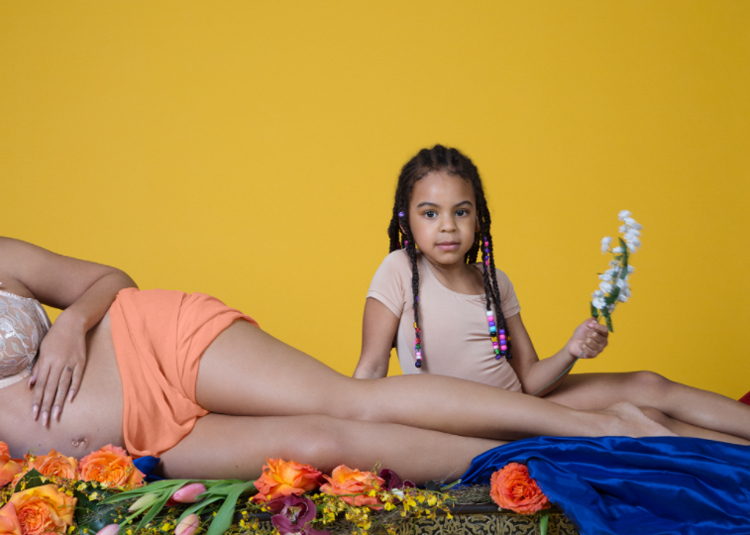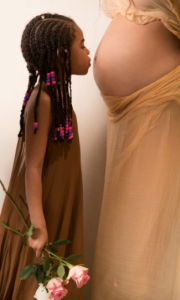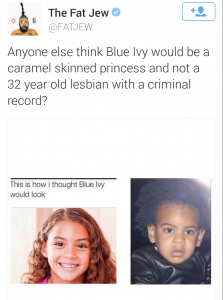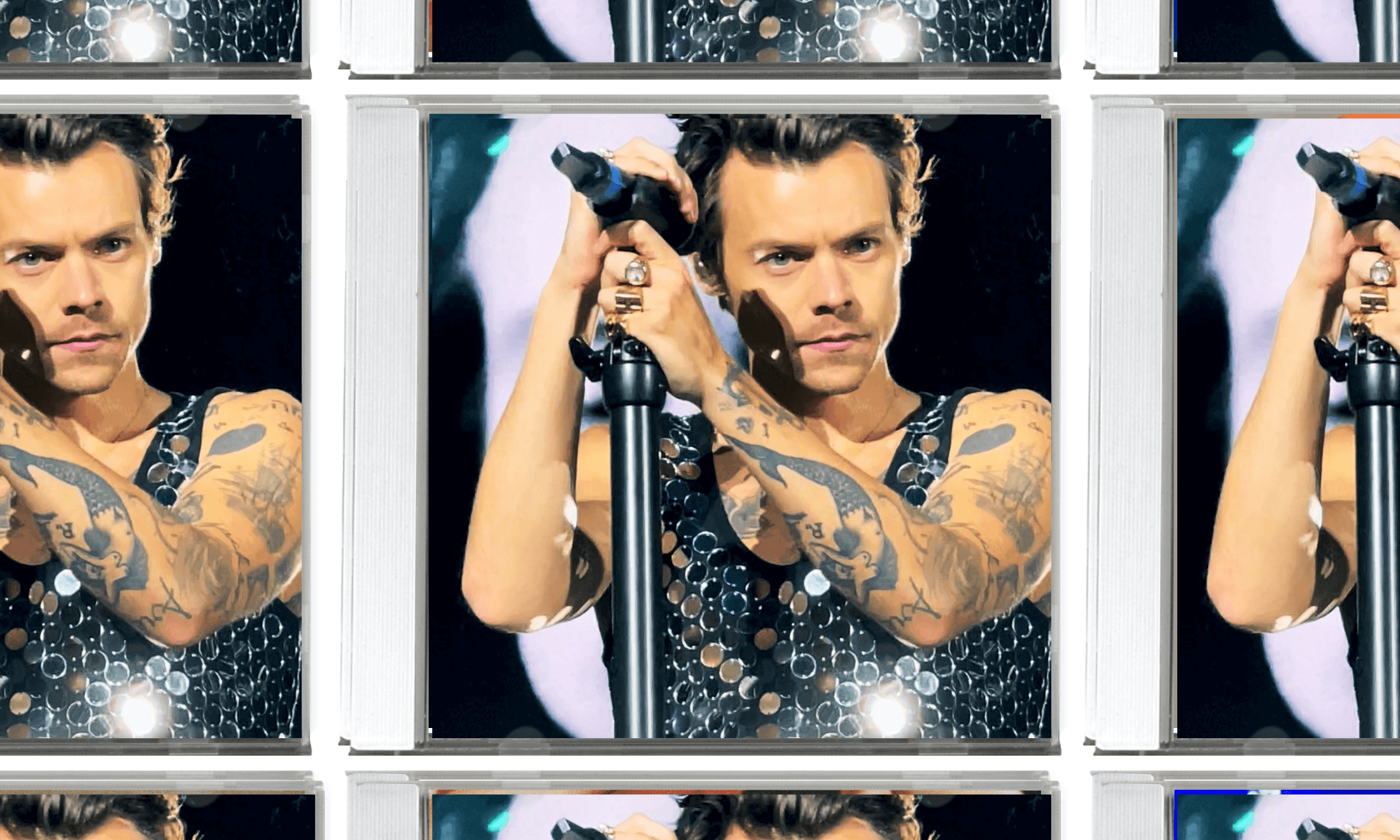
For Americans, the start of February kicks off Black History Month – 28 days when the achievements of black folk of the past and present are especially celebrated. Last February, Beyoncé gave her big contribution to the month’s activities with the sudden dropping of black female empowerment anthem Formation.
And in the same spirit of fortifying #thecommunity with a slice of greatness during this month, she delivered another perfectly timed gift: she proclaimed to the world that she and husband Jay Z were expecting for the second time – with twins! With an announcement acceptable for only a star of her stature, she released a gorgeous photo of her cradling her bump, kneeling with her head daintily covered in a veil.
Sure enough, the internet went wild and the excitement only continued the next day when Bey released more images from the most extravagant, deliciously over-the-top maternity photo shoot of modern times. It included scenes underwater, nudity, Renaissance art, and Blue Ivy Carter.
For many, these are elements of a top notch photo set. But sadly, just as the parodies of people clutching their “food babies” while wearing a flower crown were inevitable, along came the fierce cycle of criticism any time new pictures of Bey and Jay’s daughter hit the internet.
“Look – it’s Jay Z with braids!”
“She’s a tiny man baby – so weird looking!”
“That’s gotta be the ugliest fucking child I’ve ever seen. Admit it, she is ugly.”
Full disclosure: Beyoncé is my favourite. I can reel off a good 80% of the tracklists of every album, including Destiny’s Child days, and I class December 13 as a personal holiday – the day she shock dropped an album on the world in 2013. Yet, with as much objectivity as I can muster, I state this: Blue Ivy is far from ugly.

Yet I was instead reading and hearing disgusting commentary from grown adults, confident in their belief that a child who turned five less than a month ago is a pain to look at. And it stings – and not because of my long standing appreciation of her mother’s work. There’s an instant sadness and fury that rises within when those who are otherwise sensible surprise you with their open ribbing of this little girl because of the way she looks. And it is undoubtedly steeped in racism.
A large amount of the mocking of Blue comes from the fact that she not only takes after her father, but the specifically black traits she has inherited from him. His full lips and cheeks; the kinky, afro hair; the wide nose. It’s long been a part of casual, popular culture to criticise women of colour for their distance from whiteness, and in the criticism of Blue Ivy’s looks, it’s easy to see how early and how freely hatred of black features is imposed.
One particularly harmful “joke” that stands out is a meme compiled by a so-called online comedian, placing a picture of a smiling child with light brown, wavy hair and light brown skin next to a neutral Blue. The caption:
“Anyone else think Blue Ivy would be a caramel skinned princess and not a 32 year old lesbian with a criminal record?’”

From an incredibly tender age Blue Ivy has been forced into a sexist cycle where trolls instil the belief that her worth is ingrained in how attractive she is. And with every dig at Blue’s appearance, the humanity of little girls who also have coarse hair and big lips gets chipped away too.
Regardless of whether her face, her hair or her body looks the way that you’d personally prefer it to, the bottom line remains: Blue Ivy is a child. If the way she looks does not please you, the very least you owe this girl is your silence.
Let children grow. Give black children a chance to love themselves before the world wears them down – with fascism on the rise in the UK, US and elsewhere, there are enough sources out there to deny joy to black children already, without the help of people who see themselves as being on the correct side of justice using their self-esteem as punching bags.
It may be “just a joke”, but words matter, and their harmful effects ripple out further than is immediately visible. There are plenty of girls who look like Blue, but sadly don’t have the security blanket of influential parents and endless riches to protect them casual cruelty. Here’s hoping that Blue and princesses like her can they grow into a world in which the adults in it aren’t imposing self-hatred on them long before they have a chance to learn happiness in their own skin.









